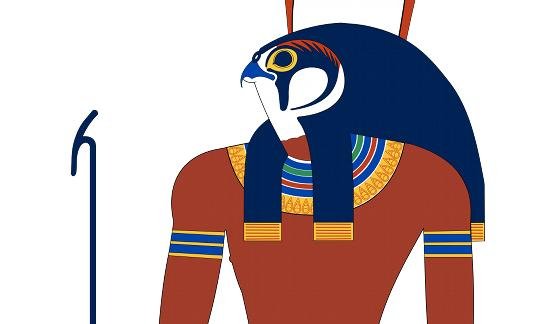The last few days I spent some time at a cabin up in the Norwegian mountains. It's a welcome change of environment away from the suburban sphere. Although I am not really confident the area deserves the mountain range tag, since it's lowest point is at 662 meters above sea level, while the highest top stretches only 1459 masl. The peaks are certainly not among the most unforgiving type, like those you can find in e.g. the Alps. Instead of sharp, pointy teeth, this place has nice, elevated pillows for mountains. Easy on the feet, that's for sure. Which I'm thankful for, since I had planned to go hiking.

To the Summit!
There is nothing like a walk in nature to clear your mind. Thoughts give way, step by step, in no time, from the day-to-day and gently toward the task at hand. First occupant is the breath, but soon you find comfort in the strain and it's left ignored. Then simply letting one leg in front of the other. Though stepping over stones and ponds require something more. A grunt. A squinted sight. But this effort too gets spent. And then, in the silent symphony of short, high, long and small strides, your mind takes flight. Past the pines. Above the tree line. In pursue of the peak.
The walking got me thinking: Why do we humans have such drive to reach the top? What do we get out of it? Well, we know there are many expressions in language which suggest that the highest of something is also the best and the most desired. "Elevated state", "High-reaching ambitions", "Peak performance", "Highest value" etc. In comparison, the lowest of something is the antithesis and what we are supposed to steer clear of. We either move toward ascendancy or are in descent. In addition to altitude equaling value, language also tells us that seeing is knowing. Your performance was low/below average because you were short sighted, didn't have a clear vision, lacked overview etc. No disputes the correlation between elevation and knowledge through sight. Both emerge from the other.

Yup, eyesight is definitely our dominant sense in the acquisition of environmental knowledge. As humans we value insight more than anything. We would rather have information about something than just having the thing itself. Instead of me giving you a fish, you would want to see how fishing is done. As we learn more, see more, we are simultaneously conquering the unknown world and picking up a better interpretation of it. To better be able to conduct ourselves in it. Therefore, eyesight has the ability to transform, because new knowledge requires adaption and the death of old thinking, beliefs and self. The climb to the summit is to the human a journey of transformation and a noble pilgrimage.

Not only language gives clue to the importance of rejuvenating powers of seeing. In Egyptian mythology, it is the god with the best eyesight, Horus, who eventually must renew society from the tyranny which has developed. His father's rule had grown rigid and he himself had become naive. He was overthrown and killed by his brother, who went on to rip out Horus' eye. In the end though, Horus is victorious and manages to reclaim his eye. But instead of restoring his sight, he goes down to the underworld and gives his eye to his dead father. Thus the body of society is renewed.

When I reached the top I saw something something very interesting. There had been built numerous cairns on the summit.

Why, I wondered, do we build on the highest peak? These cairns are in some sense the whole reason behind the journey; to rebuild our foundation on new information - just like the story of Horus. To have it stand on the highest and most well informed. The most transcendent.

 It is clearly an obsession of ours!
It is clearly an obsession of ours!
These cairns reminded me of the story of of the Tower of Babel. In it, humanity tries to construct a tower which is meant to reach all the way the heaven. It was a building meant to encapsulate everything, thus rendering the transcending ability of seeing obsolete. The tower could not be built though. Which tells us that one cannot organize an existence which encapsulates everything between heaven and earth. There will always be something unaccounted for. There is always a higher state. So to claim that any structure, perspective or mindset is fully complete is simply arrogance. When claiming utopia you are in reality creating a tyranny. This translates well to what can be called arrogance of the intellect. In such a case, the beliefs and its structure is thought of to be as perfect as they can get. It makes for blind logic and nihilism.

The funny thing about reaching the peak is that you are never really satisfied. The next, higher mountain calls with the same conviction as the last one. There is always a higher peak to build cairns on.


I hope you enjoyed this shorter post. It is meant to act as a introduction of sorts to an eventual upcoming series, in which I will further engage with what a human existence entails. Let me know if this is of any interest to you. Shouldn't take too long before the first of the series comes out, after my own slow standards, mind you.
